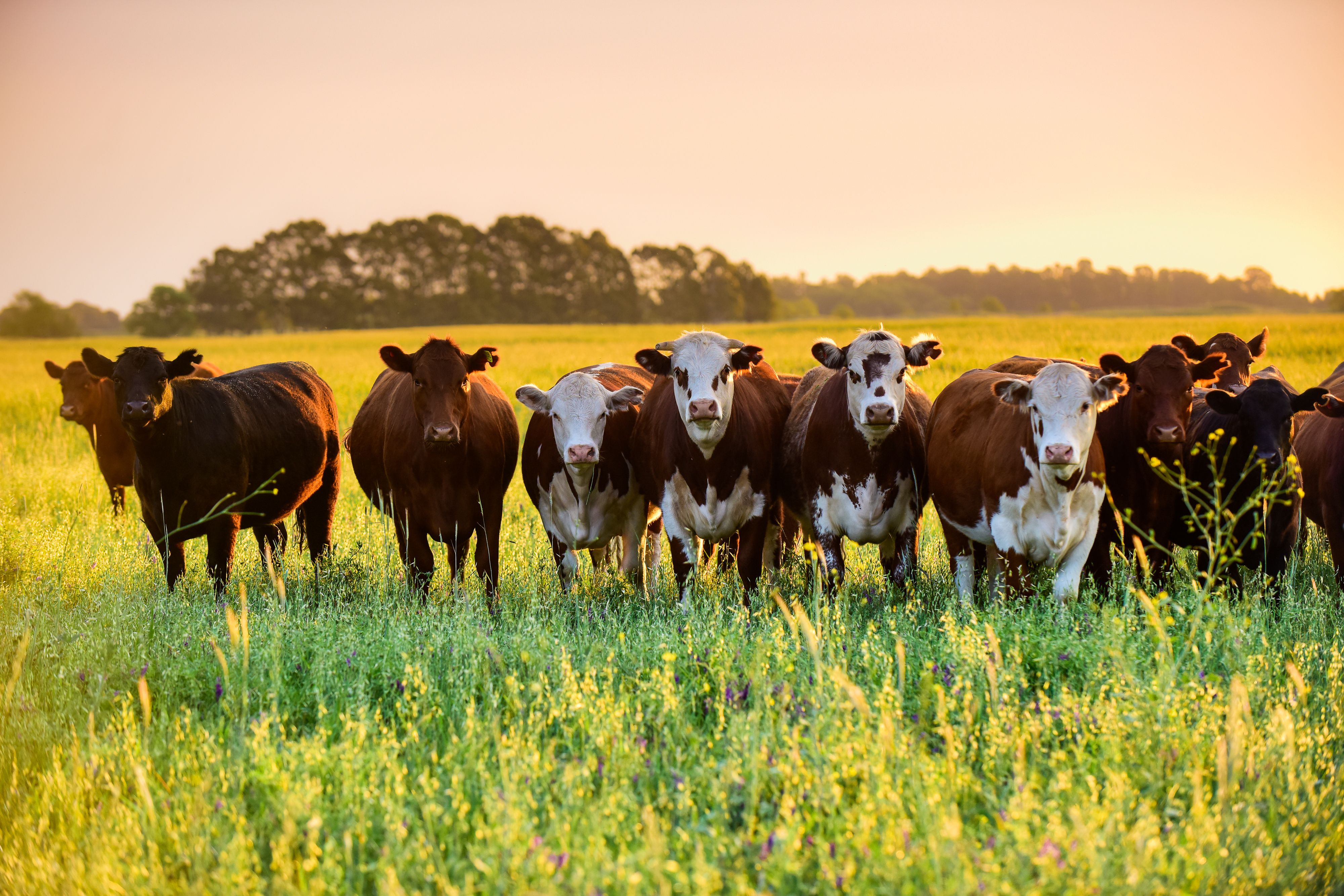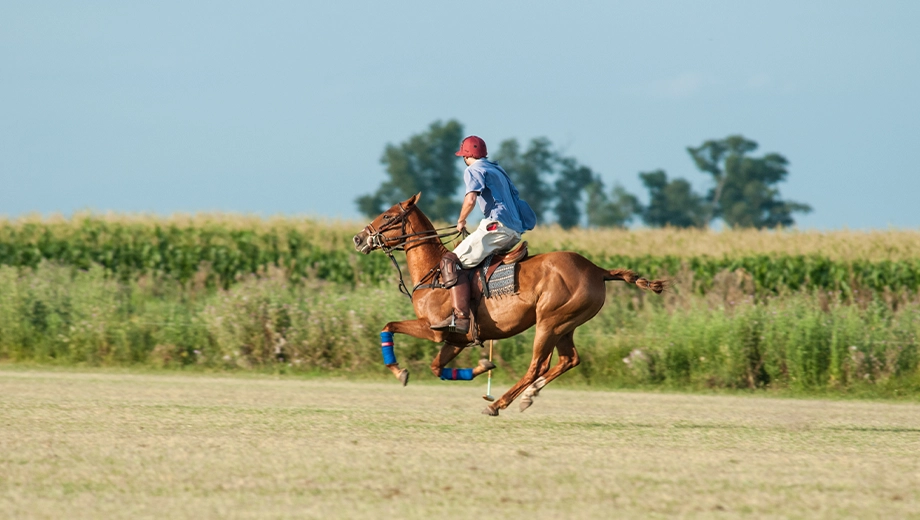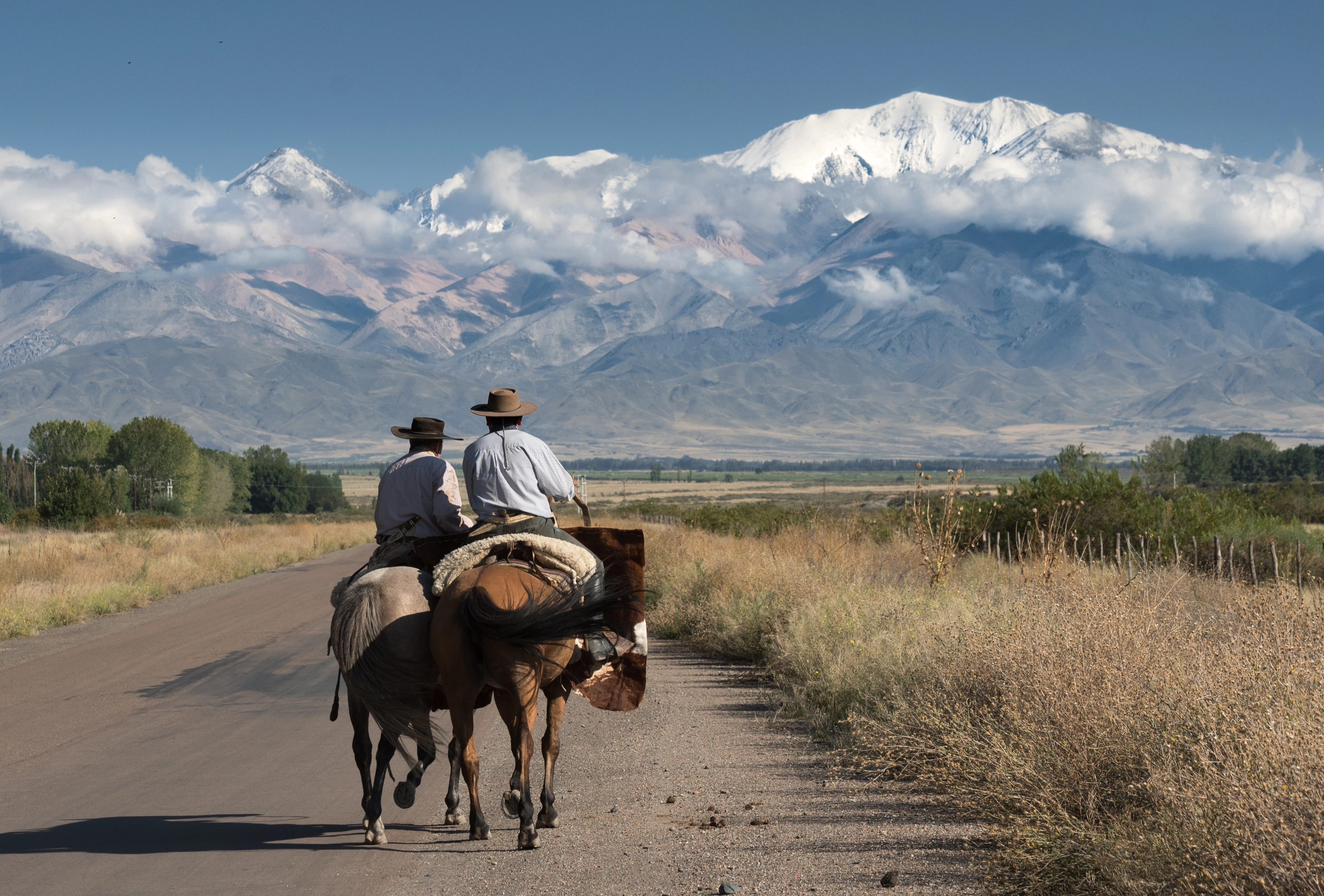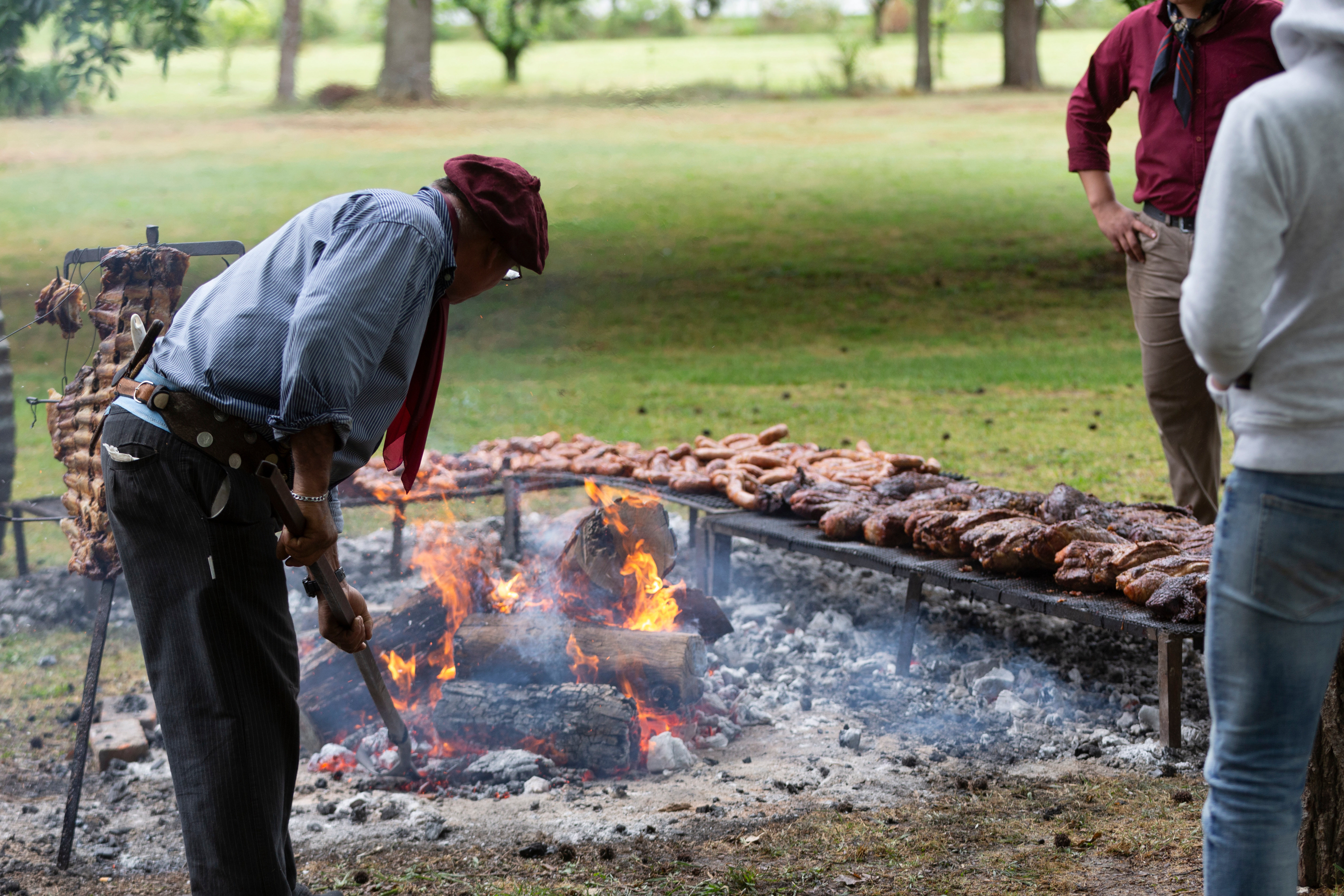The Pampas: Birthplace and Land of the Gauch
The Pampas, spanning over 100,000 square miles from Buenos Aires to Córdoba, are the historic heartlands of the Gaucho, Argentina’s iconic cowboys. These vast plains remain home to traditional gaucho practices that have been passed down through generations. The region is dotted with charming towns and authentic estancias, offering visitors a glimpse into rural Argentina’s past and present.
Estancias in the Pampas vary in style, from simple and rustic to luxurious and stylish, with each providing a unique experience. To truly immerse yourself in gaucho culture, staying a few days at an estancia is the best way to go. Activities include horse riding, polo, cycling through scenic countryside, hiking to remote colonial villages, or helping gauchos tend to livestock.
Why Visit the Pampas?
The Pampas offer an authentic taste of Argentina, steeped in history and tradition. It’s the ideal destination for those looking to experience rural life and connect with Argentina’s iconic gaucho culture. Visitors can enjoy outdoor activities in breath-taking natural landscapes, from horseback riding to exploring quaint colonial towns. Whether you’re a nature lover, a culture enthusiast, or simply seeking a peaceful escape, the Pampas provides an unforgettable and immersive experience in the heart of Argentina.

Argentina

-3 hours

Peso (ARS)

Horse Riding
Best Time To Enjoy a Pampas Holiday
Temperatures in the Pampas during summer (Nov - Feb) can reach highs of 30°C, making sightseeing and outdoor activities best suited to spring (Sep - Nov) or autumn (Feb - Apr) when the weather is cooler.
Howe8ver, the region offers enjoyable visits year-round, with each season showcasing the beauty of the Pampas landscape. Whether you're exploring traditional estancias or enjoying outdoor activities, you'll find the perfect time to experience the authentic gaucho lifestyle in the Pampas.
About the Pampas and its surrounding areas
Things to Do and See in the Pampas
- Horseback Riding: Experience the true Gaucho lifestyle by riding across the vast, open plains of the Pampas, where you can explore traditional ranches and enjoy scenic landscapes.
- Polo: Try your hand at polo, one of Argentina's most famous sports. Many estancias offer polo lessons or matches for guests to enjoy.
- Visit Traditional Estancias: Stay at an authentic estancia (ranch) to experience rural life, participate in farming activities, and enjoy home-cooked Argentine meals.
- Explore Historic Towns: Discover charming colonial towns like San Antonio de Areco, known for its gaucho heritage and historical buildings.
- Learn Gaucho Culture: Immerse yourself in the rich traditions of the Pampas, from folk music and dances to learning about the gaucho way of life.
- Fishing: Enjoy a relaxing day of fishing in the rivers and lagoons scattered across the Pampas.
- Hiking and Cycling: Explore the picturesque countryside on foot or by bike, taking in the breathtaking views of rolling hills, wetlands, and expansive grasslands.
- Cultural Experiences: Attend local festivals, where you can experience traditional Argentine music, dances, and cuisine.
- Wildlife Watching: Spot native wildlife such as capybaras, rheas, and various bird species as you explore the vast landscapes.
- Visit Estancia Museums: Some estancias feature museums or historical exhibits about the Pampas’ gaucho past, offering fascinating insights into rural life and agriculture.
The Pampas Highlights
Visit The Pampas: Horse Riding, Polo & Argentina’s Historic Countryside
Speak to a Travel Specialist today
The Pampas Travel FAQs
Are the Pampas worth visiting?
If you enjoy wide open spaces, traditional rural culture and natural beauty that takes your breath away, then a holiday to the Pampas will certainly be one to remember! The charm of this vast region of Argentina lies in its authenticity, offering a glimpse into gaucho life, such as horse riding across endless plains and feasting on hearty asado meals.
Do they speak English in the Pampas?
While English is widely spoken in cities such as Buenos Aires, it is less commonplace in rural areas, however you will probably find English is understood to varying degrees in towns such as San Antonio de Areco.
What are the Pampas known for?
The Pampas are famous for cattle ranching and beef production, making the area one of the world's top beef exporters. The Pampas are also renowned for gauchos - skilled horsemen and cattle herders who became iconic symbols of Argentine culture.
What is the difference between Patagonia and Pampas?
What does Pampas mean in English?
‘Pampas’ comes from an ancient Quechua word meaning ‘flat surface’ or ‘plain’. It is used to describe the fertile South American low grasslands that cover more than 1,200,000 square kilometres.
What dish should I try in the Pampas?
If you’re in the Pampas, you simply have to sample Asado which is essentially a grand Argentine barbecue. Each cut of meat is treated with great skill and care, meaning you will always be in for a culinary treat.
In some estancias, preparations for an Asado are a full-day affair. The asadores (chefs) often start preparing the meat around 9.30am for a lunchtime feast that can last for hours, depending on the cuts and the wine!




